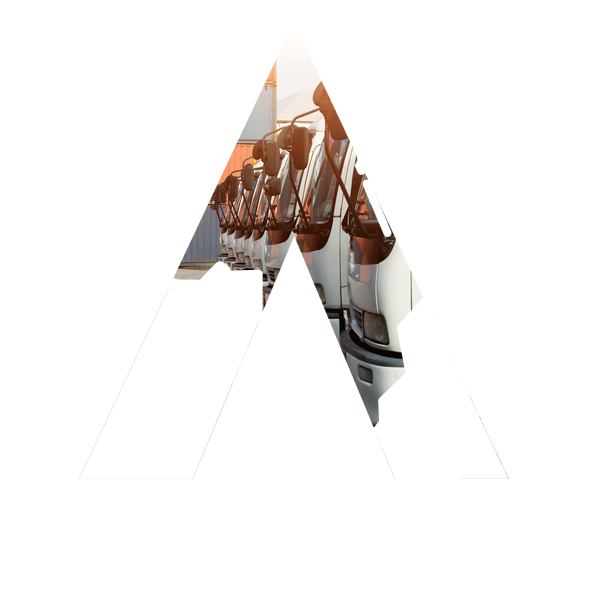
IT Equipment Import Requirements in South Africa
7 Requirements for Importing IT Equipment to South Africa
Here are the seven key requirements for importing electrical, electronic, and telecommunication equipment to South Africa:1. ICASA Type Approval
The Independent Communications Authority of South Africa (ICASA) requires telecom and radio frequency (RF) devices to undergo type approval before they can be imported, sold, or used in South Africa.
The regulation ensures equipment:
- Operates within specific parameters, avoiding interference with existing networks (technical standards)
- Doesn’t harm other electronic equipment (electromagnetic)
- Meets ICASA-established safety and performance criteria (safety and performance standards)
Here are the compliance requirements for ICASA-type approval:
- CE test reports less than 5 years old
- A local representative
- ICASA label with certificate number
- EMC testing (unless equipment is already ICASA-certified
- Certification renewal is required each month for cellular products
- SABS EMC approval for each end product (unless equipment is ICASA-approved)

2. SABS Safety Approval
SABS Approval is a certification issued by the South African Bureau of Standards (SABS), the National standardization body.
The certification serves as proof that the equipment complies with established quality, safety, and performance standards.
Devices requiring ICASA approval, such as wireless equipment, do not necessarily need a SABS approval. This is because EMC and low-voltage reports (and accompanying documentation) are part of ICASA’s approval requirements.
Here are the compliance requirements for SABS approval:
- CB or UL test reports
- Product sample submission for in-country testing
- Mandatory factory testing (SABS CoC testing). The manufacturer covers the inspector’s travel expenses
- A local representative should submit the required documentation
3. NRCS Approval
NRCS approval is a certification for all electrical equipment that connects to the mains power.
The National Regulator for Compulsory Specifications (NRCS) issues the certification as proof of compliance with South African safety and energy efficiency standards.
Here are the compliance requirements for NRCS certification:
- CB report less than 3 years old linked to Safety Test Report
- After review of the compliance folder, NRCS may request a product sample for in-country testing
- NRCS-issued Letter of Authority (LOA)
4. Labelling Requirements
ICASA and SABS require product labelling in the following criteria:
ICASA
- Obtain the label from ICASA after paying the applicable fee, or write to ICASA requesting to produce your own label
- Affix the label to the equipment before importing, selling, or leasing the equipment
- The label must bear the ICASA logo and the certification number (TA XXXX-YYYY) provided
- Ensure the label is visible (at least 3mm × 3mm for the logo) and protected against damage
- You can utilise E-labelling via a written request to ICASA
SABS
The label must include:
- Manufacturer’s brand name or permit number
- Model number
- Ratings requirements, including voltage, frequency, and current
- Standard number (if only a part of the specification is tested)
Note: NRCS approval does not require labelling. Rather, a Letter of Approval from ICASA serves as proof of compliance
5. Customs Requirements
To facilitate a timely customs clearance, you must:
- Register as an importer with the South African Revenue Service (SARS)
- Have a valid South African business registration number (customs code)
- Obtain an importer code
- File an electronic Customs Clearance Declaration (CCD) through a licensed customs broker, an importer of record, or directly via SARS eFiling
- Pay applicable duties and taxes
- Submit relevant documentation
6. Duties and Taxes
- The standard VAT is 15%
- The average import duty rate for mechanical, office, computing machinery, electrical machinery, and electronic equipment is between 5% and 7%.
7. Documentation Requirements
You must submit the following documents electronically via the SARS:
- Packing List
- Bill of Entry (SAD 500)
- Bill of Lading/Airway Bill
- Commercial Invoice (original)
- Declaration of Invoice Authenticity
- Import permits/approvals/certifications
- Certificate of Origin (for application of preferential tariffs)
Import with an IOR
Use our online calculator to see how much it costs to ship to the USA with Blackthorne IT

Import into South Africa with Blackthorne IOR
Blackthorne IOR supports business growth while expanding to South Africa in three main ways:
Local Entity Representation
You must not establish a local office in South Africa, as we can represent you and handle all the customs procedures.
360° Compliance
We ensure adherence to all import requirements and procedures before and after importation.
Cost Saving
We coordinate the global supply chain procedures, eliminate non-compliance expenses for a safe, compliant, and low-cost importation.

Import into South Africa with Blackthorne IOR Services
You can reach us via email sales@blackthorneit.com or call us to start importing IT equipment to South Africa.
